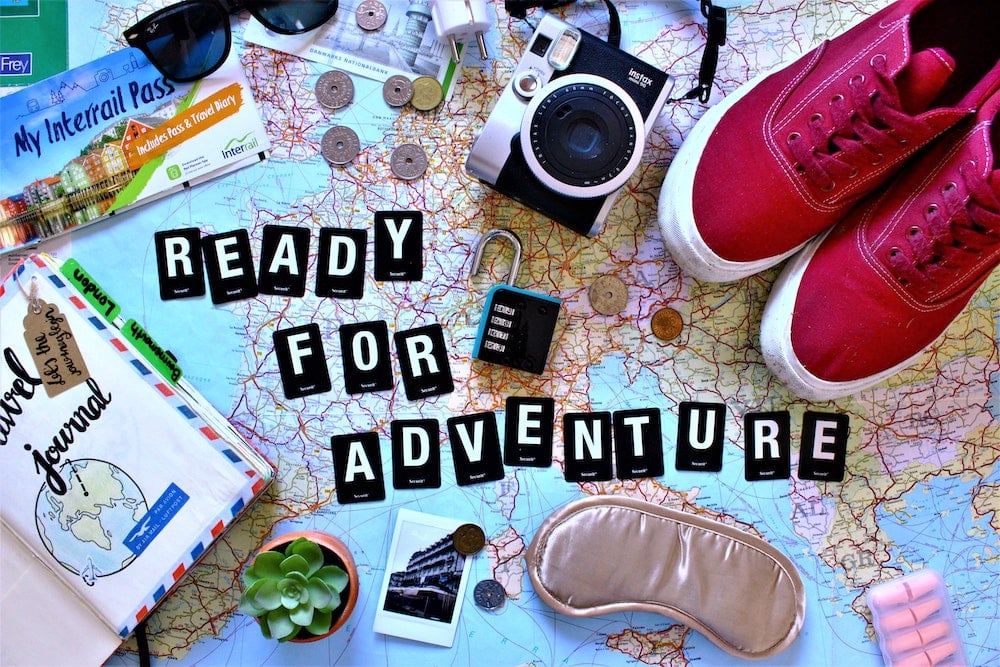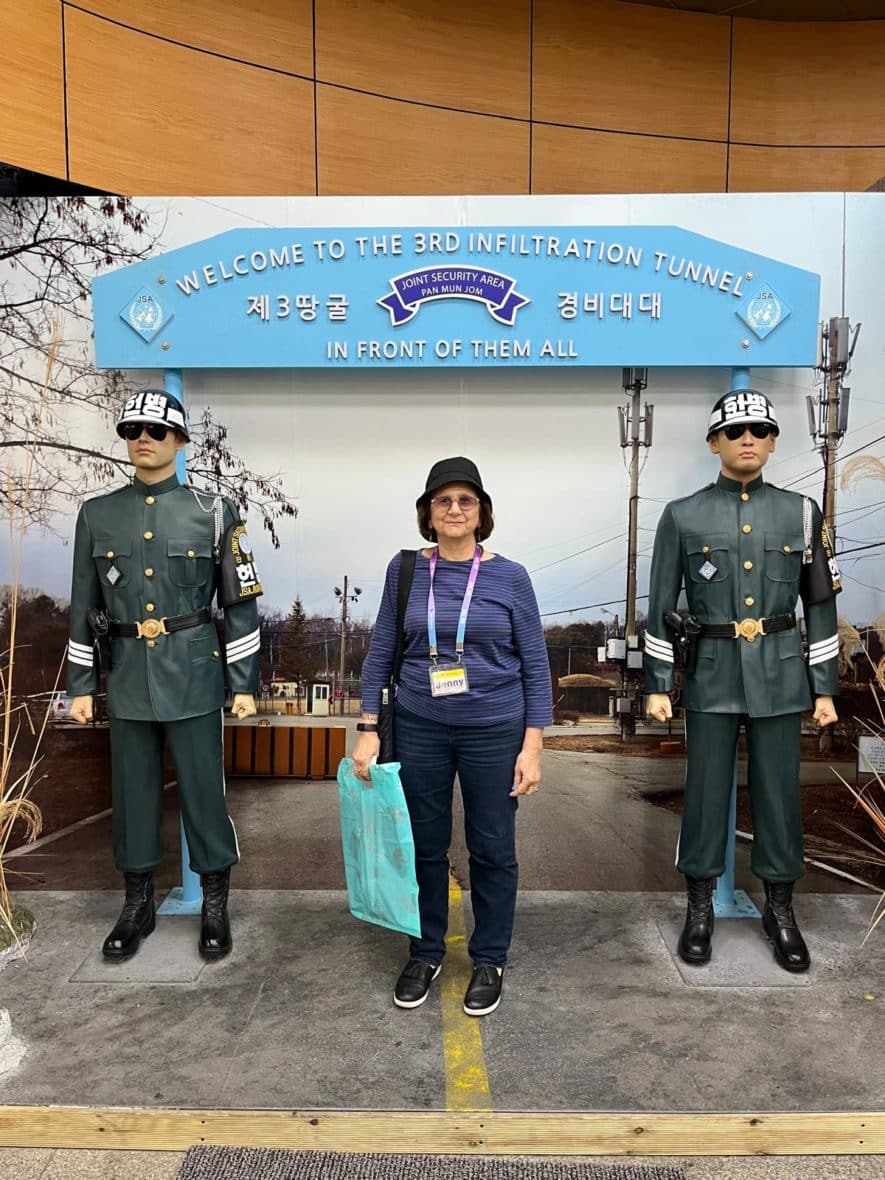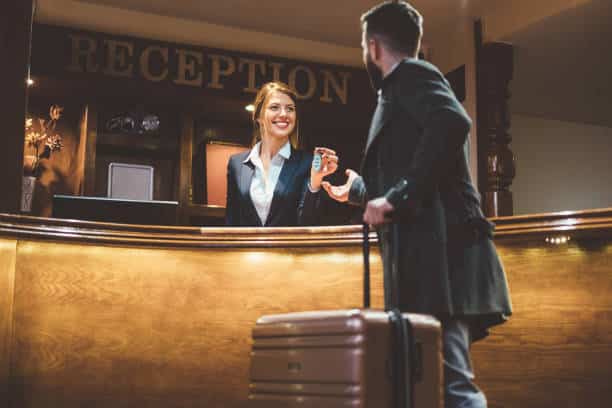
In recent years, the travel industry has witnessed a significant rise in the popularity of solo holidays. What was once considered the exclusive domain of the adventurous or the lonely has now become a mainstream choice, appealing to a broad range of travellers. The trend reflects a growing desire for personal freedom, self-discovery and tailored travel experiences.
Nevertheless, the old misconceptions are hard to shake – I’ll be lonely. I’ll feel out of place and bored on my own. I’ll have no one to talk to. I’ll be forced to pay a single supplement.
Guess what? None of those need to be true.
Why solo holidays are gaining popularity
One of the primary reasons for the surge in solo holidays is the increasing emphasis on self-care and mental well-being. Travelling alone provides an opportunity for individuals to disconnect from the stresses of everyday life and reconnect with themselves. For many, it offers a rare chance to indulge in their own interests without the need to compromise or accommodate others’ preferences.
My own mother, for instance, is 84 years young and just recently completed her third solo trip to South Korea – in the last two years. Since the death of my father, she prefers solo travel to any kind of group travel: she can set her own timetables and schedules, eat when she wants, go to visit whatever she’s interested in without any justification or compromise.
Everyone who knows her is in awe of her independence, which is celebrated as a bold an empowering choice. It wasn’t always that way, though: in the past, solo travel might have been viewed as something to be pitied or even feared, but in an increasingly digital and interconnected world even the soloest of travellers is never really alone.
Types of holidays open to solo travellers
Solo travellers have a wide range of holiday options available to them, catering to different interests and levels of experience. Adventure holidays, such as trekking, cycling, or wildlife safaris, are particularly popular among solo travellers. These trips often attract like-minded individuals and provide a sense of camaraderie without the need for a constant companion.
Cultural and educational tours are another excellent option for solo travellers. Whether exploring historical sites, attending a language school or participating in a cooking class, these experiences offer structured opportunities to learn and engage with the local culture while also providing a social aspect.
Wellness retreats, such as yoga or meditation holidays, are also well-suited to solo travellers. These trips often focus on personal growth and self-care, aligning perfectly with the goals of many solo adventurers.
Finally, solo cruises are becoming increasingly popular. Many cruise lines now offer single cabins or reduced rates for solo travellers, allowing them to enjoy the luxury and convenience of a cruise without the single supplement.
The travel industry responds to the trend
Needless to say, the travel industry has adapted to this relatively new trend, including most Irish operators. Agencies including Abbey Travel, TD Active Holidays (part of the Travel Department), The Travel Broker and Topflight offering a wide range of solo travel options, from escorted city breaks and walking holidays to ski trips, cruises and adventure holidays to far-flung places.
Over half of Shandon Travel’s adventure tour clients are solo travellers, while G Adventures specialises in small group adventure tours that are often made up of solo travellers who often share accommodation – needless to say, their holidays are mostly made up of active travellers under 40.

Common misconceptions about travelling solo
Despite the growing acceptance of solo travel, several misconceptions still persist. One of the most common myths is that travelling alone is inherently dangerous, especially for women. While it is true that solo travellers need to take precautions, as with any form of travel, the perception that it is unsafe is often exaggerated. In fact, many solo travellers report feeling safer on their own, as they are more vigilant and attuned to their surroundings. Plus solo travellers are usually pretty adept at thoroughly researching their chosen destination and know precisely which precautions they need to take.
Another misconception is that solo travel is lonely. It can be, but if you’re open to meeting new people and forming connections with locals and fellow travellers, it can be a hugely beneficial experience. The freedom to choose when to engage socially and when to seek solitude can be liberating.
In my early days as a travel writer, I found myself for several weeks in northern Spain updating a guidebook. The hardest part of travelling alone was at dinner time, when I would grab a table in a restaurant on my own, eat as quickly as I could and leave before anyone noticed that I didn’t have a dinner companion. I look back on those days now with a mixture of sadness and perplexion – what I didn’t understand at the time was that nobody paid attention to me, and travelling alone gave me an opportunity to really engage with the destination – so long as I was willing to embrace it. Luckily, those feelings of insecurity around dining alone soon dissipated, and travelling solo has been both a feature of much of my travel and one that I very much enjoy.
There is also a belief that solo holidays are only for the young, the single, or those without families. In reality, people of all ages and backgrounds choose to travel alone, and many solo travellers are in relationships or have children. They simply choose to take time for themselves, recognising the value of personal space and growth.

Just ask my mother: to prepare for her first trip to South Korea, she took on the challenge of learning basic Korean on Duolingo. While I’m not suggesting that everyone study the language of the country they plan to visit, the willingness to learn even a few basic phrases will unlock a host of new experience. As it happened, while my mum could navigate essentials like ordering from a menu or asking for directions, she often couldn’t understand the reply because they were speaking too fast. Still, it was no issue: virtually everyone she met was so taken by her meagre efforts that they went out of their way to help her, including one young woman in Seoul who walked with her to her destination rather than risk her getting lost!
The advantages of solo travel
There are numerous benefits to travelling solo, and these advantages contribute to its growing popularity. One of the most significant benefits is the freedom to create a personalised itinerary. When travelling alone, there is no need to compromise on destinations, activities, or schedules. Solo travellers can focus entirely on their own interests, whether that means spending hours in a museum, hiking in remote areas, or simply relaxing by the beach.
Another advantage is the opportunity for self-discovery and personal growth. Solo travel can be a transformative experience, offering individuals the chance to step out of their comfort zones and develop new skills. Navigating unfamiliar environments, solving problems independently, and making decisions on the fly can boost confidence and foster a sense of resilience.
Solo travel also encourages deeper cultural immersion. Without the distractions of familiar companions, solo travellers are more likely to engage with locals, try new things, and fully immerse themselves in the culture of the place they are visiting. This can lead to richer and more meaningful travel experiences.
The single supplement
Let’s not kid ourselves, though: solo travel definitely has its challenges. One of the most commonly cited disadvantages is the cost. Solo travellers often face higher expenses due to the single supplement, a fee charged by hotels and tour operators to cover the cost of single occupancy. This can make solo travel more expensive compared to travelling with a partner or group, where costs can be shared.

However, there are ways to minimise or avoid it altogether. Some travel companies – including most that specialise in solo travel (see the ones listed above) offer “no single supplement” deals, especially during off-peak seasons or for specific types of tours. Additionally, an increasing number of hotels now offer a flat per-room rate that is no different whether you are one or two. Joining group tours that match solo travellers with roommates is another way to sidestep the supplement while still enjoying the benefits of a guided experience, although this is generally more popular with adventure holidays targeting a younger demographic.
We all get lonely sometimes
Travelling with others provides a sense of security and companionship, and solo travellers may find themselves missing this, especially in challenging situations such as illness or emergencies. Additionally, the responsibility for planning and decision-making falls entirely on the solo traveller, which can be overwhelming for some.
Finally, while many solo travellers relish the solitude, there are times when loneliness can be a factor. Without a travel companion to share experiences with, some may feel the absence of someone to reflect on the day’s adventures or enjoy a meal together.
How I combat loneliness is straightforward, especially if I’m not in the mood to meet new people: I read, listen to podcasts and – if I really need to connect with a friendly voice – I pick up the phone. In the age of WhatsApp, all I need is half-decent wifi.
The rise in solo holidays reflects a broader cultural shift towards independence, self-care, and personalised experiences. While there are common misconceptions and challenges associated with solo travel, the benefits – such as freedom, self-discovery and deeper cultural immersion – make it an attractive option for many. With a wide range of holiday types available and strategies to avoid the single supplement, solo travel is more accessible than ever. Whether for adventure, relaxation, or personal growth, solo holidays offer a unique and fulfilling way to explore the world.




